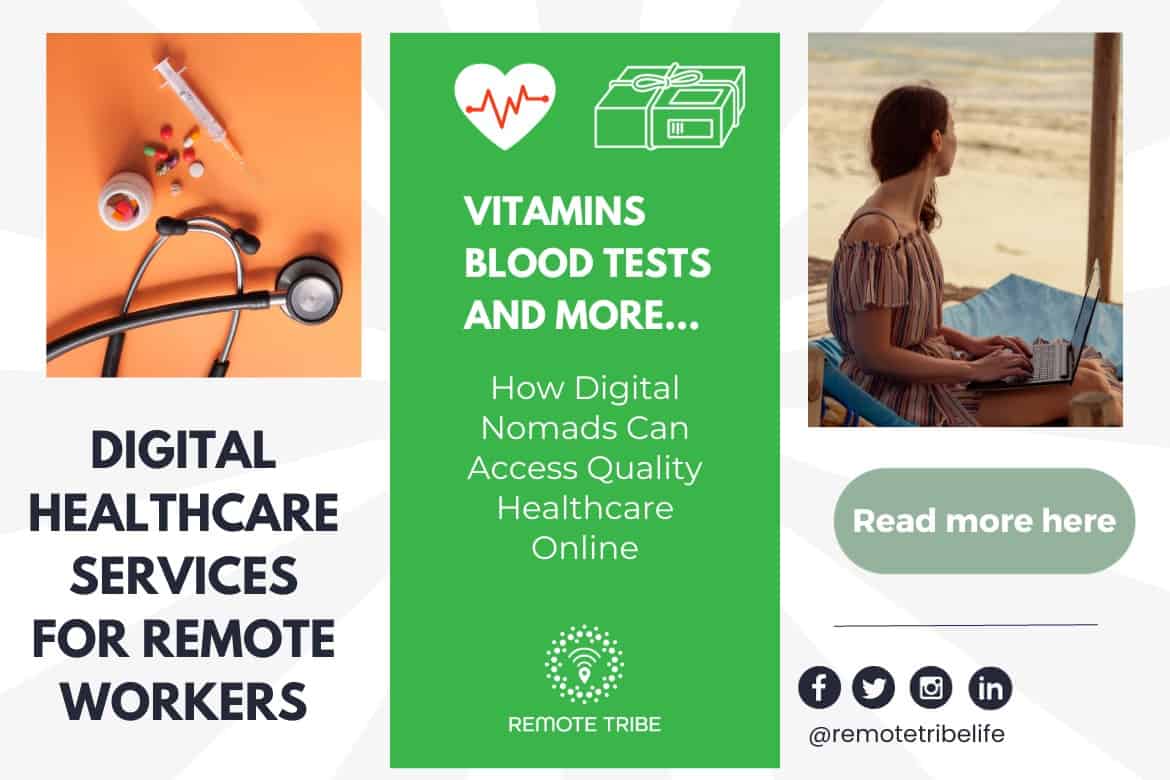The Impact of Subscription Based Healthcare on Conventional Clinical Practices
The Impact of Subscription Based Healthcare on Conventional Clinical Practices
Blog Article
The Rise of Subscription-Based Health Care and Its Effect on Person Care
As healthcare evolves, the subscription-based version is getting traction, guaranteeing to transform client treatment by using predictability and accessibility. The capacity for these designs to improve health care shipment increases pressing questions concerning their long-term sustainability and inclusivity. Are these subscription services the future of healthcare, or do they risk leaving susceptible populaces behind?
Comprehending Membership Health Care Designs
Realizing the principle of registration health care models involves taking a look at a transformative method to medical solutions that highlights affordability and availability. These versions, typically referred to as straight key care (DPC) or concierge medicine, have become innovative options to standard fee-for-service health care systems. Registration healthcare enables patients to pay a set monthly or annual fee for a defined set of medical services, which may include unlimited office visits, regular check-ups, and fundamental lab tests, without the demand for traditional insurance policy payment.
The framework of membership medical care designs is developed to improve person care by getting rid of third-party payers and complex invoicing codes, thereby lowering management problems. Medical care service providers can focus more on individual treatment, promoting stronger patient-provider relationships. This design also promotes preventative treatment by motivating regular brows through, as the financial challenge of per-visit fees is gotten rid of.
The subscription design usually equips doctor to manage smaller client panels, enabling even more tailored care. It lines up economic incentives with patient health end results, as providers are motivated to keep individual fulfillment and well-being. Generally, recognizing registration health care models needs identifying their potential to improve exactly how treatment is supplied and accessed.
Benefits for Individuals and Providers

With a constant profits stream, medical care experts can commit more time to each person, leading to a much more complete and personalized treatment experience. The emphasis on precautionary treatment within subscription plans can lead to far better patient results and minimized long-term health care prices.
Concerns and challenges
While subscription-based health care models present numerous advantages, they additionally come with a collection of difficulties and worries that must be attended to. Initially, accessibility stays a significant concern, as these models commonly target people that can manage monthly fees, potentially omitting low-income populations. This increases moral inquiries regarding equitable access to health care services. Furthermore, the different nature of membership strategies can lead to confusion amongst patients concerning coverage specifics, potentially causing unmet assumptions or poor treatment.
Financial sustainability of subscription-based versions is one more issue. Suppliers need to stabilize the set earnings from memberships with the variable prices of medical care services, which might change because of unexpected clinical requirements. This can produce pressure to restrict services or boost fees, possibly affecting individual contentment and care high quality.
Furthermore, regulative oversight of subscription-based healthcare versions is still progressing. The absence of standardized structures can result in irregular service quality and liability, complicating initiatives to ensure client security. Lastly, the assimilation of technology-- frequently a cornerstone of these designs-- raises concerns concerning data privacy and protection, as sensitive patient information might be vulnerable to violations. Addressing these difficulties is critical for the fair and successful application of subscription-based medical care.
Influence On Patient-Doctor Relationships
One considerable effect of subscription-based health care designs on patient-doctor connections is the possibility for boosted connection and individualized care. By embracing a registration version, doctors can handle a smaller patient panel, permitting more dedicated time with each individual. This raised availability fosters a much deeper understanding of a client's more information case history, lifestyle, and choices, making it possible for extra customized treatment plans and treatments.

Nonetheless, it is necessary to acknowledge that while subscription-based designs may profit those that can manage them, they might unintentionally widen medical care differences. Patients who are unable to join these models could experience reduced access to personalized treatment, potentially affecting their connections with doctor. Therefore, while the registration design offers appealing benefits for patient-doctor relationships, it likewise postures challenges that require to be dealt with to make certain equitable medical care gain access to.
Future of Medical Care Gain Access To

The role of innovation can not be forgotten in this makeover. Telemedicine systems and digital wellness documents promote smooth interaction in between patients and doctor, damaging down logistical and geographical obstacles. Furthermore, developments in expert system and information analytics can additionally customize healthcare by predicting patient needs and optimizing therapy strategies.
Nevertheless, the future of health care gain access to also offers obstacles, such as making certain equity throughout different socio-economic teams. Policymakers and medical care providers must team up to connect the digital divide, ensuring that subscription-based versions stay inclusive and budget friendly. As these systems mature, they hold the assurance of making medical care a lot more available, reliable, and patient-centric.
Verdict
Subscription-based health care designs are reshaping person care by supplying a steady price structure and improving accessibility. These designs strengthen patient-provider connections via individualized see post treatment and regular sees, emphasizing preventative wellness. Regardless of these benefits, difficulties such as availability issues for low-income populations and the requirement for equitable medical care remedies persist. The rise of subscription-based health care encourages proactive client interaction, which has the possible to boost client results and contentment, signaling a transformative shift in health care shipment.
As health care advances, the subscription-based version is getting grip, guaranteeing to change person treatment by providing predictability and availability.Subscription-based health care designs provide distinctive benefits for both carriers and people, improving the general healthcare experience.As health care systems develop, the future of healthcare access often hinges on the integration of cutting-edge designs and modern technologies.Subscription-based health care models are improving individual care by providing a steady cost framework and improving availability. The rise of subscription-based medical care encourages proactive individual engagement, which has the possible to improve patient results and fulfillment, signaling a transformative change in health care delivery.
Report this page